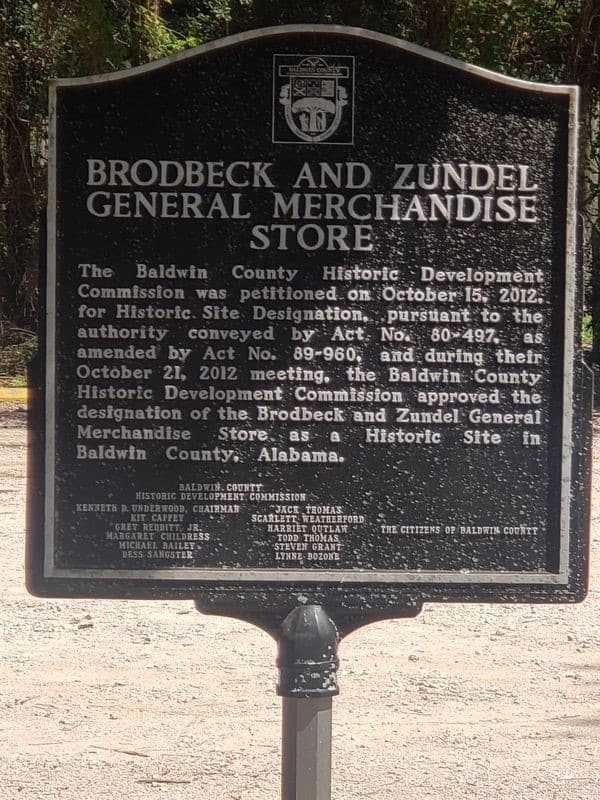Renting a dumpster can seem simple, but navigating the legal landscape surrounding waste disposal involves several potential liability concerns. From unexpected injuries to property damage and environmental violations, understanding these risks is crucial for both renters and rental companies. This comprehensive guide will equip you with the knowledge to protect yourself and make informed decisions.
What Types of Liability Are Involved in Dumpster Rental?
Dumpster rental involves several liability types. Personal injury claims can arise from accidents involving the dumpster itself or its contents. Property damage claims might involve damage to the rental property, neighboring properties, or even vehicles. Third-party liability extends to injuries or damages caused by the actions of others using the rented dumpster. Understanding these potential liabilities is the first step towards effective risk management and ensuring legal compliance.
How Can Injury Claims Arise From Dumpster Rentals?
Injury claims often stem from negligence. This could be the renter's negligence in securing the dumpster properly, leading to tipping or falls, or the rental company's negligence in providing a safe and properly maintained container. Accidents involving sharp objects or heavy items within the dumpster are also frequent causes of injury claims. Preventing accidents requires due diligence in following safe handling procedures, appropriate signage, and a well-maintained dumpster. Proper training and awareness of potential hazards are critical in minimizing injury risks.
What Are the Risks of Property Damage With Dumpsters?
Dumpsters pose various property damage risks. Overfilling can lead to overflowing waste, attracting pests and creating unsanitary conditions. Improper placement may result in damage to driveways, sidewalks, or landscaping. The dumpster itself can damage surrounding property if not carefully positioned and secured. The weight of a loaded dumpster can also cause damage to softer surfaces. Careful planning, proper placement, and monitoring the fill level are essential for preventing property damage claims.
What Are The Insurance Requirements for Dumpster Rentals?
Insurance coverage is vital for mitigating liability. Rental companies typically carry general liability insurance to cover injuries or damages caused by their operations. Renters, particularly those involved in construction or demolition projects, may need additional liability insurance to protect against potential claims. The specific insurance requirements depend on the size and type of project, local regulations, and the terms of the rental agreement. Consulting with an insurance professional ensures adequate coverage for potential risks.
What Are Permit Requirements When Renting a Dumpster?
Before renting a dumpster, check for necessary permits. Zoning laws and local ordinances often regulate dumpster placement, particularly in residential areas or public spaces. Some jurisdictions require permits for construction or demolition projects involving dumpster rentals. Failure to obtain required permits can result in fines and legal repercussions. Contacting your local authorities to clarify permit requirements is crucial for legal compliance.
How Does Negligence Impact Dumpster Rental Liability?
Negligence plays a central role in liability for dumpster rentals. If a renter or rental company fails to exercise reasonable care, resulting in injury or damage, they could face negligence claims. This includes failing to properly secure the dumpster, neglecting to warn of hazards, or failing to comply with regulations. Due diligence, risk assessment, and adherence to safety protocols are vital in mitigating the risk of negligence claims. Documentation of safety measures taken can prove invaluable in the event of a legal dispute.

What Should Be Included in a Rental Agreement to Protect Against Liability?
A comprehensive rental agreement is crucial for protecting both parties. It should clearly define the responsibilities of the renter and the rental company. The agreement should address insurance coverage, permitted waste types, placement restrictions, and procedures for damage reporting. An indemnification clause can protect the rental company from liability for damages caused by the renter's negligence. https://daphne-alabama-36542rf146.trexgame.net/discover-orange-beach-s-best-restaurants-with-stunning-views-in-2025 Careful review and understanding of the agreement terms are essential before signing.
How to Ensure Compliance with Environmental Regulations?
Compliance with environmental regulations is paramount. Improper waste disposal can lead to significant fines and legal issues. Knowing which waste types are permitted is vital. Hazardous waste disposal requires specific procedures and often necessitates specialized handling. Renting a dumpster for hazardous waste necessitates adherence to strict regulations. Understanding and complying with local, state, and federal environmental protection agency guidelines is crucial to avoid legal repercussions.
What Are Common Legal Responsibilities for Renter and Provider?
Both renters and providers have legal responsibilities. Renters are legally responsible for ensuring that only permitted materials are disposed of, that the dumpster is properly positioned and secured, and that it does not cause damage to surrounding property. Rental providers are responsible for providing a safe and well-maintained dumpster, ensuring compliance with regulations, and having appropriate insurance coverage. Open communication and clear contractual agreements help define these responsibilities and mitigate potential conflicts.

Comparison of Liability Insurance Options for Dumpster Rentals
Insurance Type Coverage Cost Suitability General Liability Bodily injury, property damage Varies by coverage Essential for all renters and rental companies Commercial Auto Liability Damage caused by vehicles used in dumpster rental Varies by coverage Necessary if using vehicles for transport and placement Umbrella Liability Excess liability coverage beyond primary policies Varies by coverage & limits Provides additional protection against significant claimsTips for Safe and Compliant Dumpster Rental
- Thoroughly inspect the dumpster before use. Ensure proper placement to avoid obstructions. Only dispose of permitted waste materials. Keep the dumpster secure to prevent unauthorized access. Report any damage or incidents immediately. Maintain accurate records of waste disposal. Review the rental agreement carefully. Consult with legal and insurance professionals as needed.
Frequently Asked Questions
1. What happens if a dumpster is damaged during rental? The liability depends on the cause of the damage. If caused by the renter's negligence, they may be responsible for repair costs. Insurance coverage should be reviewed.
2. Who is responsible for cleanup if the dumpster overflows? The renter is typically responsible for cleaning up any overflow, as it's often a result of improper use or exceeding the dumpster's capacity.
3. Can I rent a dumpster for hazardous waste? No, you must comply with specific regulations and procedures for hazardous waste disposal. This often requires specialized handling and permits.
4. Are there fines for illegal dumping in rented dumpsters? Yes, significant fines can be levied for illegal dumping, including prohibited materials or exceeding weight limits. Both the renter and rental company may face penalties.
5. What should I do if someone else uses my rented dumpster without permission? Report the unauthorized use immediately to the rental company and local authorities. This protects you from liability for waste disposed of by others.
In conclusion, understanding liability concerns associated with dumpster rentals requires careful planning, proper insurance, and adherence to regulations. By understanding the potential risks and taking appropriate precautions, both renters and rental companies can mitigate liabilities and ensure a smooth and legally sound waste disposal process. Consult with legal and insurance professionals to fully protect your interests.